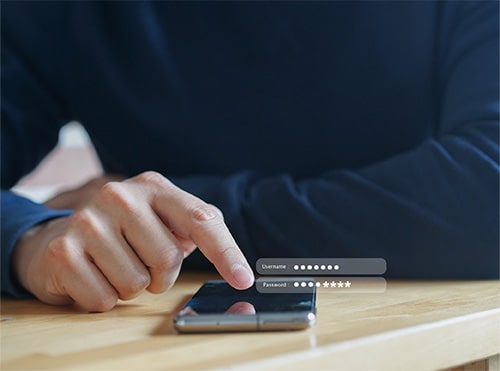Last year, more than 143 million Americans were victims of cybercrime.1 Use these tips to help make sure you’re practicing the most up-to-date cyber habits. Make sure you’re following the best practices when it comes to online security to minimize, manage and monitor your sensitive data against threats.
- Shop securely. Stick to websites with addresses that begin with “https” and that display a green padlock in the browser bar.
- Protect your privacy. Customize the settings on social media, websites, and apps you use to make sure that you’re only sharing your personal information and photos with members of your inner circle. If a site sends a privacy policy update, read it and make changes as necessary.
- Avoid quizzes and surveys. Many seemingly innocuous quizzes are actually scams that will download malware onto your computer once you click on them.
- Vary your passwords. Create a new username, and a strong, unique password for each site that you visit, especially bank accounts and online retailers. That way, if a hacker gets into one of your accounts, they won’t be able to access the rest.
- Don’t fall for phishers. Hackers may send you instant messages, text messages or emails that look and feel like an official communication from your bank or a social media website in order to get your personal information. Rather than clicking through on such messages, go to the website itself to follow up.
- Disable mobile check-ins. If criminals know that you’re not home, they could gain access to your home—and the valuables and important documents that you keep there.
- Watch out for strangers. It’s easy for criminals to misrepresent their motives and identities online. Be careful about sharing too much information or agreeing to an in-person meeting with someone you don’t know offline. Just say no to friend requests from people you’ve never met.
- Trust your gut. If a site feels weird, or it doesn’t appear to be what it claims, leave it right away, and don’t click on any content or run any software.
- Stay off public WiFi. While logging on in public can be tempting, it’s also an opportunity for criminals to intercept your login information or view your online transactions.
- Don’t overshare. The more personal information (such as your birthday, employer, or family members’ names) that you share online, the easier you’re making it for identity thieves to impersonate you.
1https://us.norton.com/cyber-security-insights-2017





